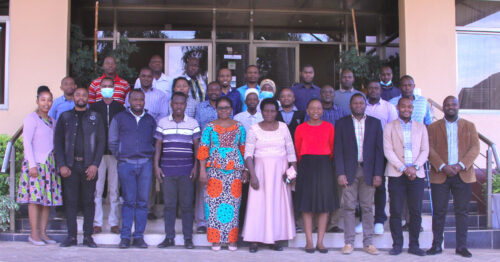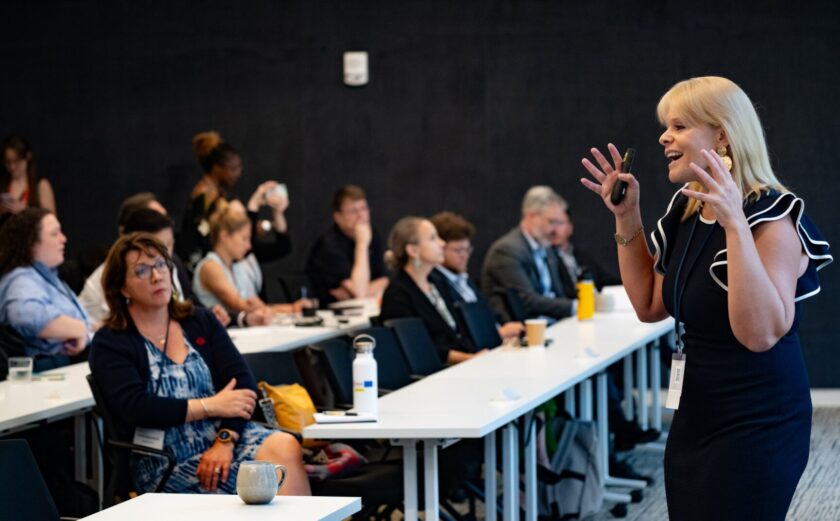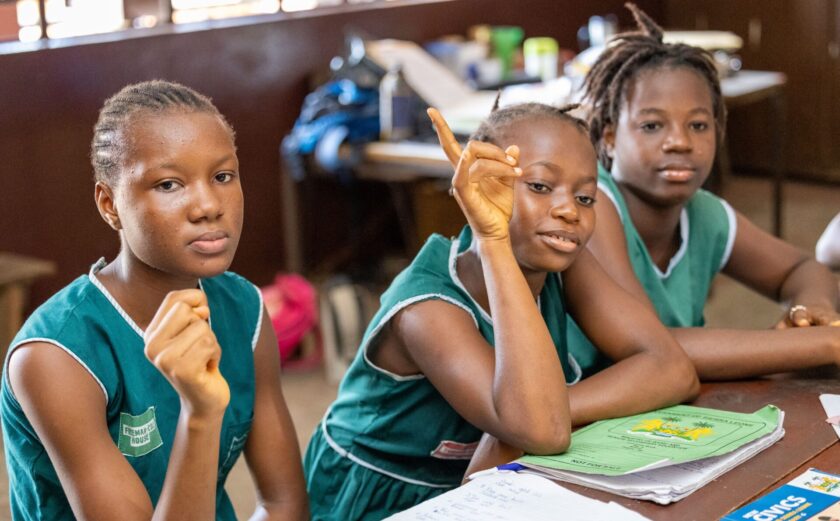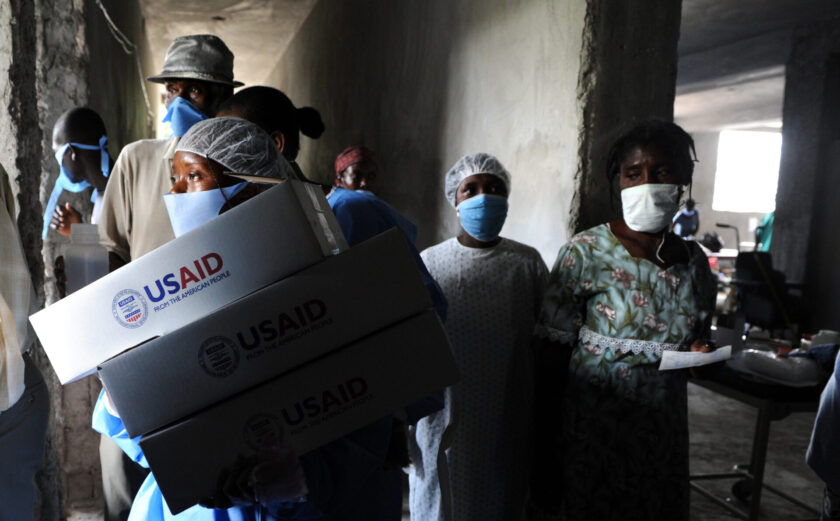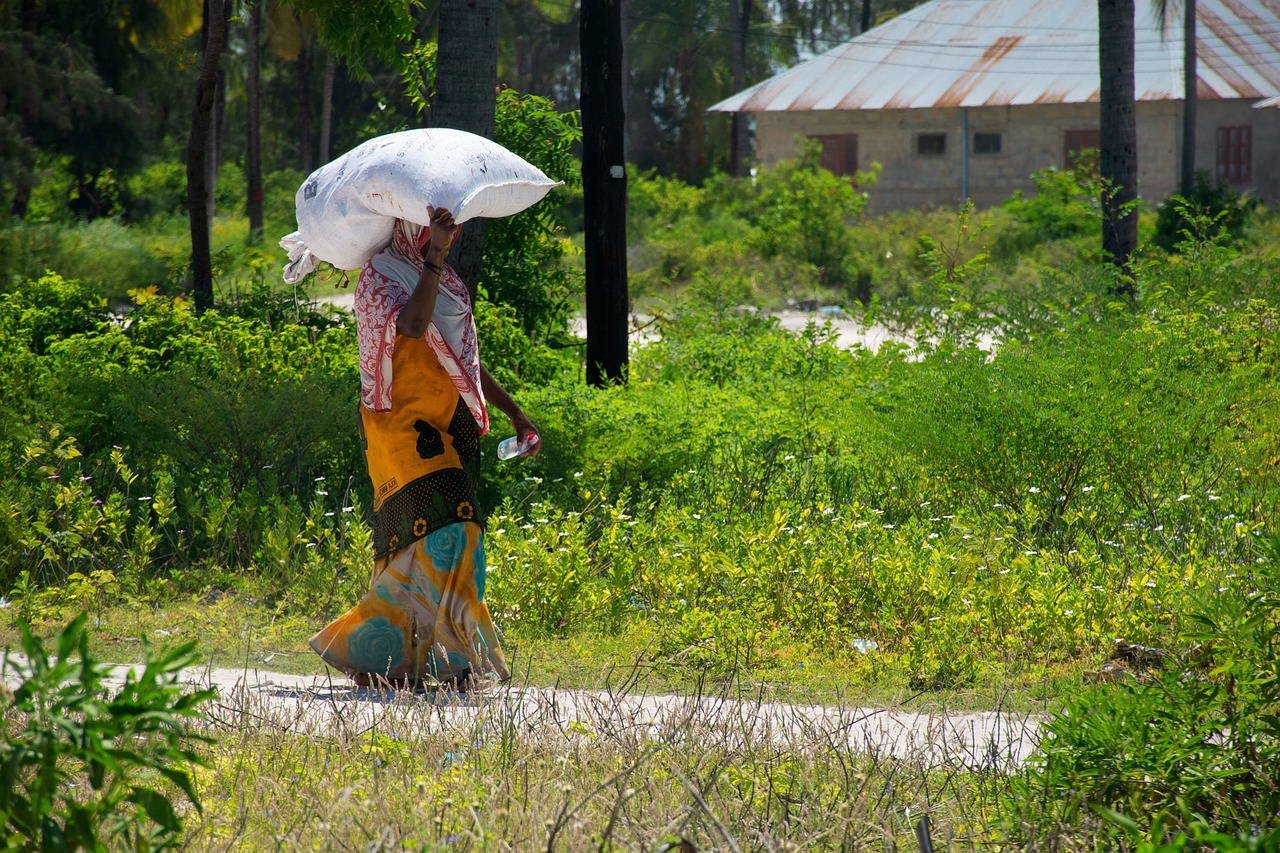
Building the Capacity of East African Smallholder Producers’ Organizations
Since late 2019, InterAction has worked to build the capacity of East African smallholder producers’ organizations (P.O.s) to engage more strategically and effectively in agricultural policy development.
As covered in a previous blog—Assessing Agricultural Advocacy & Data Aptitude in Tanzania—InterAction designed a survey to assess the advocacy and data-for-advocacy capacities and needs of P.O.s in Tanzania. This assessment survey was administered to 19 P.O.s at the outset of the project to gather baseline data on the groups with which our Tanzanian partner, ANSAF, would be working throughout the project. The survey asked respondents to share their approach to advocacy and engagement with district and national government, use of technology and data, and more. The results ultimately informed the design of a capacity-building training on advocacy and data-for-advocacy delivered to members of the JUWAVITA coalition in Tanzania, an independent loose coalition of CSOs that represent small-scale rural producers. In this blog, we delve into the design and results of that training.
Designing the training
Equipped with valuable insights from the assessment survey, the next step was to design and deliver a training tailored to the needs of JUWAVITA’s member organizations. Originally, the plan had been for InterAction to attend the trainings in person and even deliver some of the training content. However, the COVID-19 pandemic prevented this from happening. Instead, InterAction worked with our Tanzanian partner, ANSAF, to identify two local consultants to co-design and ultimately deliver the training.
After a competitive selection process, InterAction and ANSAF worked closely with the consultants over the course of two months to co-design the training, a collaborative approach based on iterative improvements to the training agenda, curriculum, and materials across multiple rounds of review. This process was deeply informed by the results of the earlier P.O. survey, which highlighted the need for training both in basic advocacy skills such as coalition management, stakeholder & government engagement, and negotiation of coalition priorities, but also for skill-building around data strategy, collection, management, analysis, security, and visualization.
The decision to work with local consultants worked out on two fronts. First, they had an intimate understanding of the landscape, having plenty of experience working with smallholder producers throughout Tanzania. Second, the consultants were able to deliver the training in both English and Swahili, adjusting content as necessary.
Delivering the training
Following a two-month co-design process, ANSAF held the three-day training in Morogoro, which was attended by 30 participants from 26 P.O.s in the JUWAVITA coalition, hailing from all parts of Tanzania. The training equipped participants with skills and knowledge of advocacy best practices, stakeholder engagement, and how to use data and technology in advocacy. Designed to be highly participatory and interactive, the training included a combination of facilitator-led presentations, case studies, role-playing scenarios, and small group discussions.
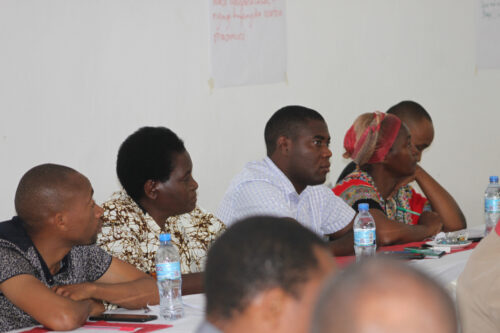
Day one of the training covered the concept of advocacy and identifying the steps in the advocacy process. Day two started with a group activity to identify and analyze an advocacy issue, followed by activities to practice analyzing the root causes and consequences of that issue and create solutions, and finished with a discussion of using data and research in advocacy. Day three involved continued discussion of the use of data in advocacy, with an activity to practice applying data analysis and visualization tools. The training closed with a discussion of the content addressed and participants’ recommendations for future trainings—what worked about the training and what didn’t, what did participants feel needed more explanation, what concepts or activities would be helpful for participants to bring to their respective organizations. Opportunities for networking were built into the training agenda, ensuring that participants could talk with and learn from each other.
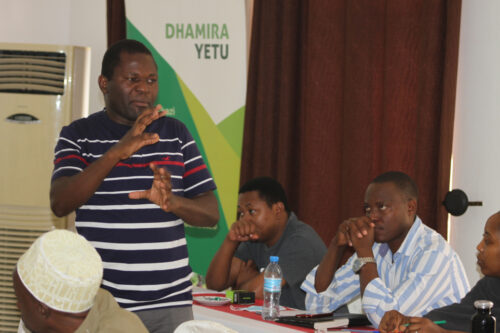
Evaluating the training
To evaluate the training’s effectiveness, a short questionnaire was developed for pre- and post-training self-assessments by participants. The questionnaire asked participants to rate their capacity to perform nine distinct aspects of advocacy and using data for advocacy along a five-point scale: very high, high, medium, low, and very low. The pre-training questionnaire was administered to collect participants’ self-assessed advocacy and data-for-advocacy capacities and their expectations for the training. The post-training questionnaire asked the same questions to assess whether the training succeeded in building the capacity of participants.
Additionally, a short evaluation questionnaire was included at the end of each day to collect feedback from participants to enable course corrections.
As the chart below demonstrates, participants reported significant increases in their advocacy capacities. The percentage of participants rating their capacity as “high” or “very high” increased across the board after the training, with the largest increases between pre- and post-training ratings occurring to participants’ ability to overcome barriers to government engagement (16% to 71% of participants), their confidence in leading coalition advocacy (28% to 79%), and their ability to liaise and work with government officials and other experts to accomplish advocacy objectives (24% to 71%).
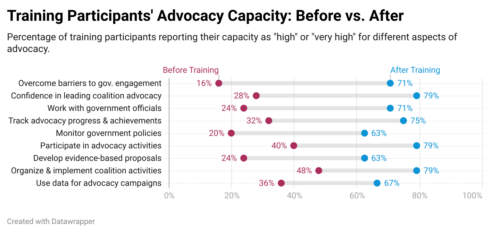
Overall, 92% of training participants reported that the training improved their knowledge and skills in advocacy and data-for-advocacy as well as their capacity to develop and implement advocacy initiatives. Importantly, 88% of participants reported that the information presented in the training was actionable and that they intend to apply the concepts discussed at their respective organizations. Based on that, not only did the training successfully increase the skills and knowledge of participants, but it was also conducted in a manner that led participants to report confidence in their ability to actionably apply those skills and knowledge to their work.
This latter point is especially important as the whole goal of the training—indeed, the entire project—is ultimately to help P.O.s engage more strategically and effectively in agricultural policy advocacy by improving their advocacy and data-for-advocacy skills. Increased skills and knowledge are undoubtedly a good thing but only insofar as they can be applied to addressing real challenges. Post-training questionnaire responses from participants indicated that they honed their advocacy skills and knowledge and are able to bring those skills and knowledge to bear in their daily roles representing smallholder producers.
Replicating the training
In the closing session of the training, participants shared their thoughts on how to improve the training. Multiple participants expressed a desire for future trainings to be extended and to be conducted regularly so that more people could participate.
InterAction and ANSAF took a different approach. Rather than convene a repeat training, we developed a training manual to capture key concepts discussed in the training. This training manual was developed as a guide to facilitate the training course on Constructive Engagement and Policy Advocacy, and is based on the results of the needs assessment of JUWAVITA members conducted at the start of the project as well as mini forum dialogues conducted by ANSAF with JUWAVITA members.
The manual guides and assists trainers and facilitators in building capacities of leaders and other staff of JUWAVITA member organizations in policy advocacy, constructive stakeholder engagement, and data use. The training manual is expected to help the JUWAVITA coalition implement capacity-building interventions on policy advocacy at all levels, to influence local and national government to issue, legislate, and implement policies, programs, and investments that respond to the needs of rural producers and rural communities.
While there is certainly value to convening multiple trainings to reach more people, the underlying motivation for developing a training manual was to provide the training content directly into the hands of our intended audience, to enable them to replicate the training elsewhere, at their own pace, and without relying on instructors. The training manual is a resource that is flexible, easy to scale, and incurs a much lower cost to implement—for the training organizer and participants alike.
Ultimately, our hope is that the training manual will serve as a useful resource for organizations that represent smallholder producers to build their skills and knowledge of advocacy and data for advocacy, and that it will achieve the same high marks for content and actionability from future participants as the training did from our original cohort of participants.
Keep an eye on this space for more information about the upcoming Advocacy & Data Training Manual, which will be released by ANSAF and is designed for Tanzanian and East African agricultural advocacy organizations.
